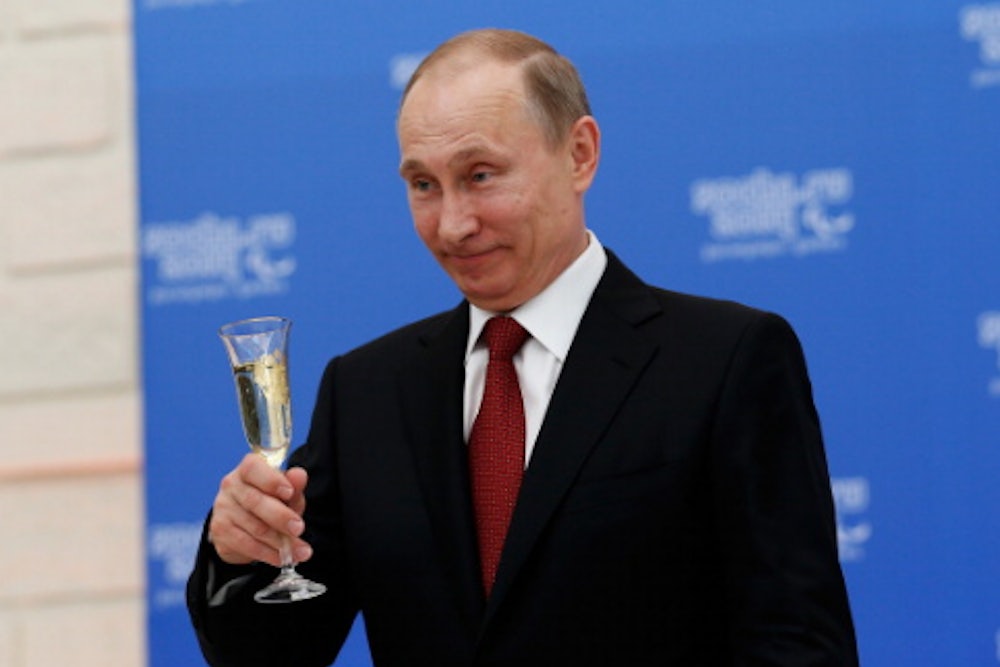A growing number of Democrats have been demanding that the vote be audited in key swing states. Such calls have been largely based on the discrepancy between polling and results in key states—the polling was off, the argument goes, not because the polls were wrong, but because the election was hacked at the last minute. Some are suggesting that Russia could have tampered with the election to elect Donald Trump. On Tuesday, fuel was poured all over this fire by a New York magazine report citing non-crazy and well-respected computer scientists John Bonifaz and J. Alex Halderman, who believe that they “they’ve found persuasive evidence that results in Wisconsin, Michigan, and Pennsylvania may have been manipulated or hacked.” The “audit the vote” movement then went into hyperdrive: Petitions were circulated and on Wednesday morning Democracy for America sent an email to its list citing the New York post. (Halderman has also written a piece on Medium that clarifies his position.)
But there’s a problem. There just isn’t any evidence to back up the argument that the election was rigged. Bonifaz and Halderman’s argument was based on a discrepancy between Clinton’s vote totals in “counties that relied on electronic-voting machines compared with optical scanners and paper ballots.” But as Nate Silver argued on Twitter, once you control for various factors, particularly race and education, the weirdness disappears. And as Josh Barro clarified, the discrepancy in Wisconsin is best explained by the fact that rural counties—which went to Trump by record margins—used electronic-voting machines, while urban ones—which went to Clinton—used paper ballots.
The audit the vote movement feels like a natural culmination of a narrative that began over the summer. While there is evidence that the Russian government hacked the emails of John Podesta and the DNC, there isn’t any that it did so with the intent of electing Donald Trump. That outcome was certainly preferable to the Kremlin, but every indication suggests that the hacks were meant to undermine faith in American institutions. (Good job!) But the Clinton campaign seized on the hacks to claim that Trump and Russia were in cahoots and that Trump was some kind of Siberian Candidate who was being installed by Moscow for its own foul purpose. This was an artful way to try to escape the fallout from the WikiLeaks hacks more than it was an insight into what actually happened.
Hillary Clinton holds a two million vote lead in the popular vote. Donald Trump will control both chambers of Congress and act with impunity, as if he has a mandate. He doesn’t, and we don’t need an audit to make the case that Trump’s presidency lacks legitimacy. Auditing the vote—which, by the way, undermines faith in democratic institutions in exactly the ways that Russia wants—is a distraction from that fact.
